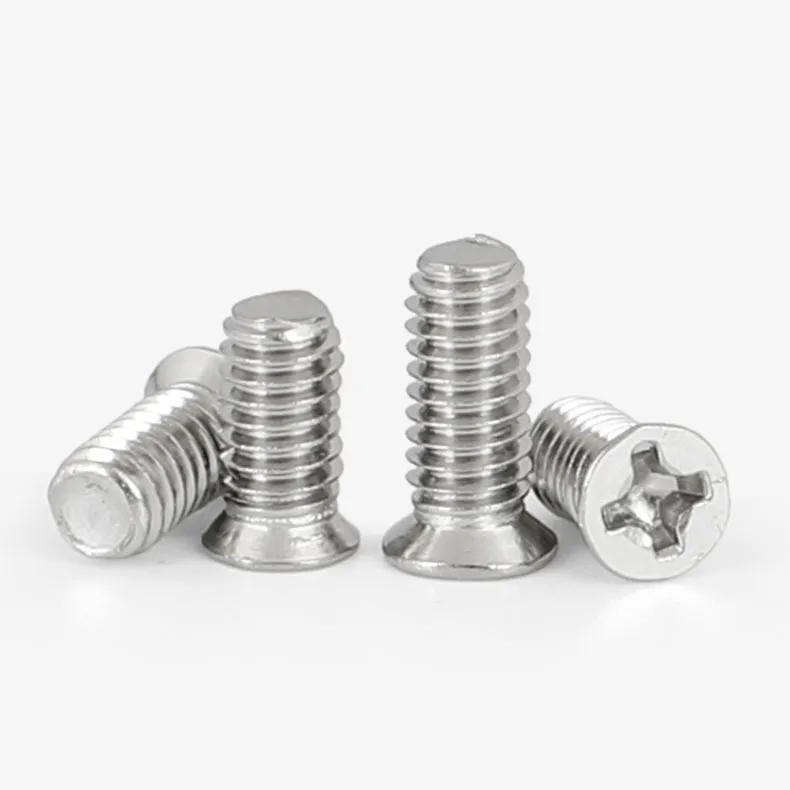

Automotive Clips and Fasteners for Reliable Vehicle Maintenance and Repair Solutions
Nov . 05, 2024 23:16 Back to list
Automotive Clips and Fasteners for Reliable Vehicle Maintenance and Repair Solutions
The Essential Role of Automotive Clips and Fasteners in Vehicle Manufacturing
In the fast-paced world of automotive manufacturing, precision, efficiency, and reliability are critical. Among the many components that contribute to the integrity and safety of vehicles, clips and fasteners play a pivotal role. While they may appear to be just small, often overlooked elements, their significance in the assembly and maintenance of vehicles cannot be overstated.
Understanding Automotive Clips and Fasteners
Automotive clips and fasteners serve to securely hold together various components of a vehicle, ensuring that everything from the interior trim to the engine parts is tightly integrated. These components come in various shapes and sizes, designed to meet specific requirements based on the part of the vehicle they are intended for. Clips can be used in place of screws and bolts in many applications, allowing for quicker assembly and disassembly, which is particularly important in manufacturing environments.
Fasteners, on the other hand, include screws, nuts, washers, and bolts that connect larger components and subsystems. They contribute not only to the structural integrity of the vehicle but also to safety features, as they secure critical systems like brakes and suspension. The right selection of fasteners ensures that vehicles can withstand the rigors of everyday driving, as well as harsh environmental conditions.
Types of Automotive Clips and Fasteners
Automotive clips can generally be categorized into two main types mechanical clips and adhesive clips. Mechanical clips engage with the substrate to hold components together without the need for additional adhesive, while adhesive clips rely on strong bonding agents to maintain their hold.
Fasteners are similarly varied. For example, self-tapping screws are designed to cut their threads into materials, allowing for secure fastening without pre-drilling. Rivets, on the other hand, are used to create permanent joints, often found in applications where strength and reliability are paramount, such as in body panels. Additionally, cage nuts are widely used in vehicle assembly, as they provide a robust anchoring point for threaded fasteners, facilitating easy installation and adjustment.
automotive clips and fasteners

The Importance of Material Selection
The materials used in the production of automotive clips and fasteners are crucial to their performance. Most clips are made from engineered plastics combined with a variety of additives to enhance their strength, flexibility, and resistance to environmental degradation. Fasteners are often constructed from high-strength steel or aluminum, designed to withstand significant loads while being corrosion-resistant.
With the rise of electric vehicles (EVs) and advancements in automotive technology, the demand for lightweight materials is pushing manufacturers to explore innovative solutions, such as using composites and advanced alloys. These developments not only improve vehicle performance by reducing weight but also enhance fuel efficiency and range.
Innovations in Design and Manufacturing
The automotive industry is continuously evolving, and innovations in design and manufacturing are reshaping how clips and fasteners are produced and utilized. The advent of 3D printing technology allows for rapid prototyping and the creation of custom fasteners tailored to specific vehicle designs, reducing waste and optimizing production processes.
Moreover, the integration of smart technology into clips and fasteners is becoming more prevalent. For example, sensors integrated into fastening systems can provide real-time data on strain and load, enabling predictive maintenance and enhancing safety. This shift towards smart automotive components is indicative of a broader trend in the industry towards automation and enhanced vehicle connectivity.
Conclusion
Automotive clips and fasteners may be small in size, but their impact on vehicle design, safety, and performance is immense. As the automotive industry continues to evolve, driven by technological advancements and increasing consumer demands for reliability and efficiency, the significance of these components will only grow. Engineers and manufacturers must remain vigilant, selecting the right types of clips and fasteners, investing in innovative materials, and adopting advanced manufacturing techniques. In doing so, they will ensure that vehicles are built to meet the challenges of modern transportation, delivering safety, performance, and longevity to every driver on the road.
Latest news
-
Premium Self Tapping Metal Screws: Strong & Easy Install
NewsAug.02,2025
-
Premium Fasteners Manufacturer | AI-Driven Solutions
NewsAug.01,2025
-
Hot Dip Galvanized Bolts - Hebei Longze | High Strength, Corrosion Resistance
NewsAug.01,2025
-
High-Strength Hot Dip Galvanized Bolts - LongZe | Corrosion Resistance, Custom Sizes
NewsAug.01,2025
-
Best Self Tapping Screws for Drywall - Fast & Secure Installation
NewsJul.31,2025
-
High-Strength Hot Dip Galvanized Bolts-Hebei Longze|Corrosion Resistance&Customization
NewsJul.31,2025

